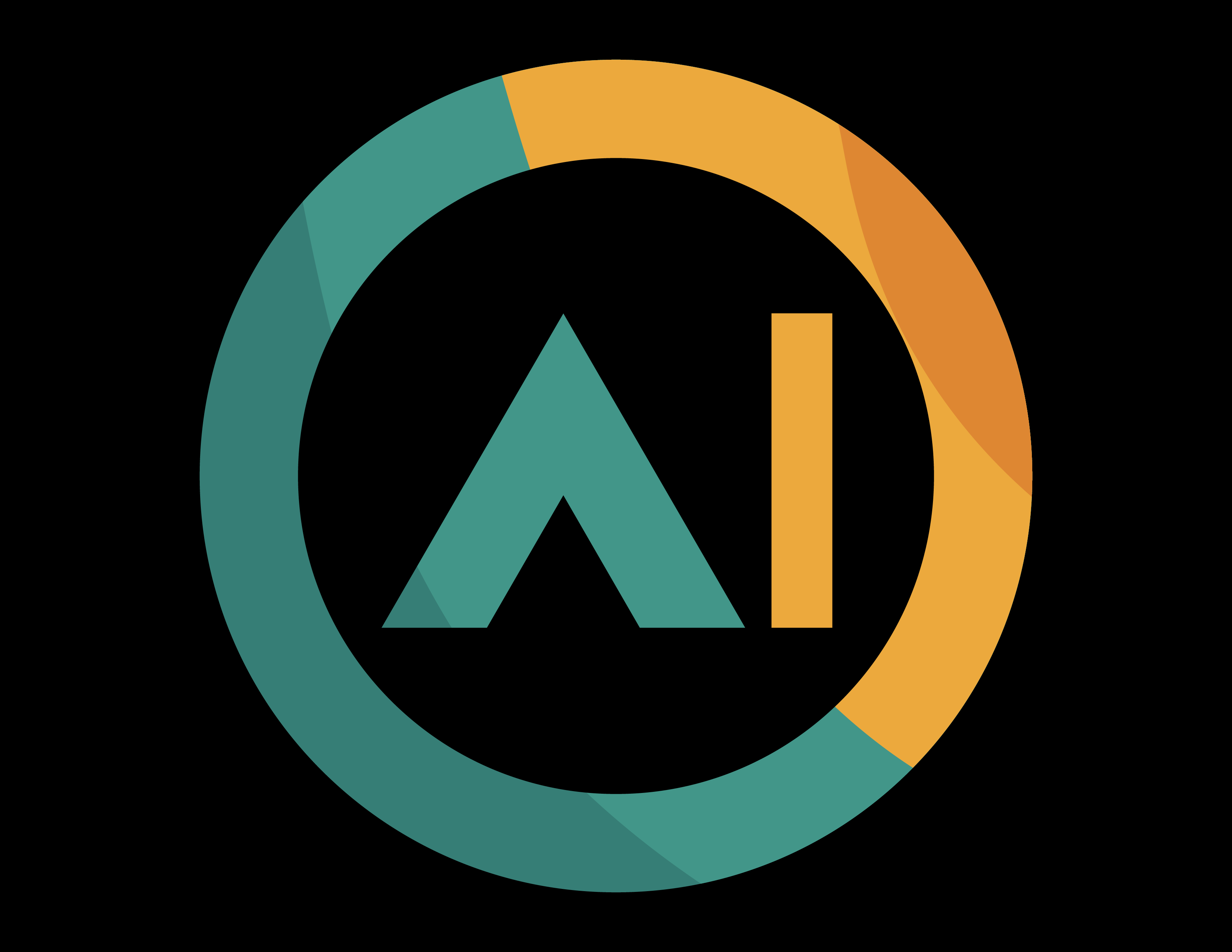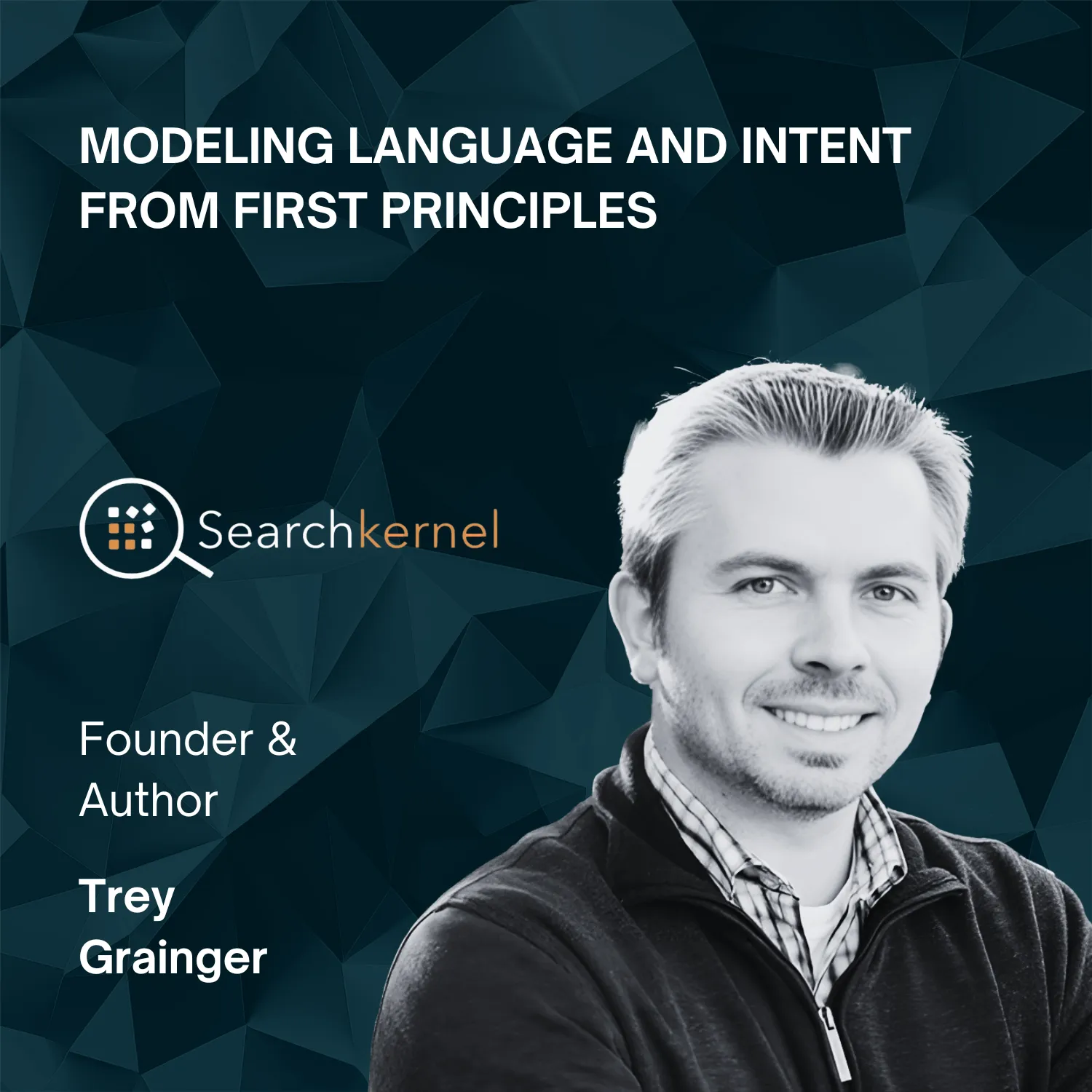Optimizing Enterprise RAG Systems
RAG systems are becoming a mainstay for enterprises to best leverage their data using modern AI. But simple RAG approaches that just naively throw your content and queries at a vector database aren’t going to cut it. Optimally tuning a RAG system involves deep knowledge of both vector and traditional keyword search, coupled with efficient context management strategies for LLMs. This entire equation becomes even more complicated when multiple query and content modalities enter the equation.
In this workshop, you’ll learn from Trey Grainger, industry expert and author of the new AI-Powered Search book. Getting the “Retrieval” part of Retrieval Augmented Generation is usually the hardest and most important part of building a RAG system, often accounting for 90% of the success (or challenges) of your RAG implementation. This workshop will heavily emphasize techniques for optimizing the “R” in RAG, giving you a significant advantage as you look to implement, tune, and optimize your own enterprise RAG system.
Time and Location
April 16
9:00am - 3:30pm
Cobb Galleria
Curriculum
Part I: Introduction to RAG
-
What is RAG
-
Comparing different RAG strategies and flows
-
Unique challenges of Enterprise RAG
Part II: Information Retrieval
-
Language Models, Knowledge Graphs, and Knowledge Representation
-
Matching and Ranking
-
Lexical search vs. embedding / vector search
-
Interpreting query intent
Part II: Data modeling and guardrails
-
Chunking and indexing strategies
-
Prompt engineering optimization
-
Maintaining data access controls
-
Applying LLM guardrails
-
Optimizing for agentic RAG flows
Part III: Advanced matching, ranking, and retrieval techniques
-
Reflected Intelligence: Integrating user click stream data into your search
-
Signals boosting, machine-learned ranking, and personalized ranking
-
Semantic search (leveraging both embeddings and knowledge graphs)
-
Multimodal Search
-
Hybrid Search (combining lexical, dense vector, and other query modalities)
-
Quantization, ANN, Reranking, Semantic Caching, and other performance tricks
-
Emerging techniques
Workshop Requirements
-
Engineers, Data Scientists, and Technical Product Managers seeking to build RAG systems and looking to avoid common pitfalls
-
Those looking for an expert understanding of techniques for optimizing different Retrieval approaches
-
Those seeking to “understand” how to build RAG from the ground up, not just use the latest off-the-shelf libraries
Who is your Instructor?
Trey Grainger is the lead author of book AI-Powered Search (Manning 2025), Founder of Searchkernel (AI Search consulting), Technical Advisor to OpenSource Connections, and Adjunct Professor at Furman University. He is also the former CTO of Presearch (decentralized web search), former Chief Algorithms Officer and SVP of Engineering at Lucidworks (ecommerce, site, and enterprise search), and former Director of Engineering at CareerBuilder (job search). Trey also co-authored Solr in Action (Manning 2014) and has published dozens of other research papers, journal articles, books, and conference presentations at the intersection of Search and AI.

